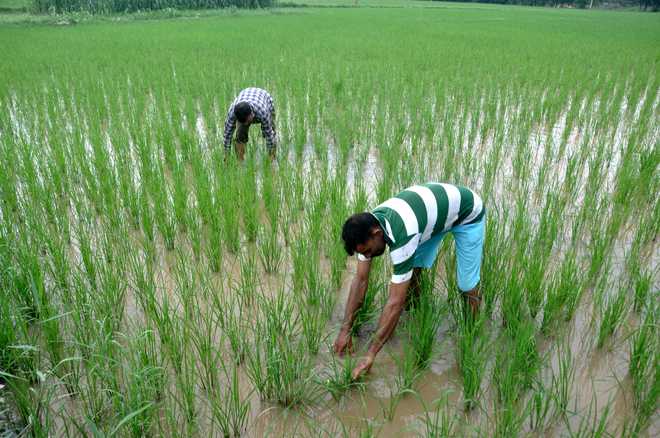WASHINGTON: Rice plants can be used to clean water draining from farms — which contain pesticides — before it gets into rivers, lakes, and streams, scientists suggest.
Researchers wanted to stop pesticides from getting into water outside the farm in a way that was easy and cost-efficient for farmers.
“We wanted something that was common, that could be applied in a lot of different places, but something that’s non-invasive,” said Matt Moore, a scientist at the US Department of Agriculture.
Researchers planted four fields, two with and two without rice. They then flooded those fields with a mix of three kinds of pesticides plus water that together is a lot like runoff during a storm. They did this for two years in a row.
They found that the levels of all three pesticides were lower in fields where they’d planted rice. How much it dropped ranged from 85 per cent to 97 per cent, depending on which pesticide they measured.
Rice can do this through phytoremediation — using plants and their roots to clean up water.
In real life, this pesticide-cleaning ability of rice could be used in a few ways.
Farmers could plant rice in drainage ditches already on their farms, which would “let rice clean off water that runs off into your field before it runs into a river, lake, or stream,” Moore said.
Additional research is required to find whether the chemicals end up in the edible part of the rice plant — the rice grain — itself.
If it doesn’t, the rice could be that natural water cleaner while also being a food source.
“It’s potentially huge for developing countries to be able to use this as a crop and water cleaning technology,” he said. (AGENCIES)
Trending Now
E-Paper


